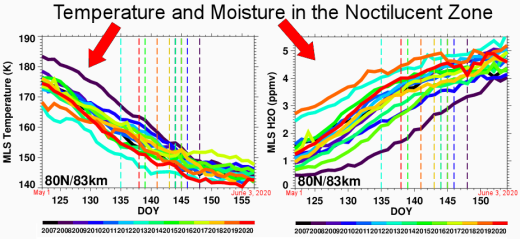[77] In my view, it is very unlikely that the Article and the opinions expressed therein had an impact on the views of anyone who read it, including their views, if any, of Dr. Weaver as a climate scientist. Rather, the reasonably thoughtful and informed reader would have recognized the Article as simply presenting one side of a highly charged public debate.
[78] Second, despite professing to have been “saddened, sickened and dismayed” by the Article, I am not satisfied that Dr. Weaver himself perceived the Article as genuinely threatening his actual reputation. As noted, Dr. Weaver has been actively and publically engaged in the climate change discussion for many years. That included endorsing political candidates who advanced policies he agreed with and opposing candidates with whom he disagreed. It is also quite apparent that he enjoys the “thrust and parry” of that discussion and that he places little stock in opposing views such as those espoused by Dr. Ball, which Dr. Weaver characterized as “odd” and “bizarre”. Dr. Weaver went so far as to post the Article on his “wall of hate” located outside his office, alongside other articles and correspondence from “climate doubters”. It is apparent that he views such material as more of a “badge of honour” than a legitimate challenge to his character or reputation.
…
[82] The law of defamation provides an important tool for protecting an individual’s reputation from unjustified attack. However, it is not intended to stifle debate on matters of public interest nor to compensate for every perceived slight or to quash contrary view points, no matter how ill-conceived. Public debate on matters of importance is an essential element of a free and democratic society and lies at the heart of the Charter guarantee of freedom of expression. As Justice Lebel observes, such debate often includes critical and even offensive commentary, which is best met through engagement and well-reasoned rejoinder. It is only when the words used reach the level of genuinely threatening a person’s actual reputation that resort to the law of defamation is available. Such is not the case here.
[83] In summary, the Article is a poorly written opinion piece that offers Dr. Ball’s views on conventional climate science and Dr. Weaver’s role as a supporter and teacher of that science. While the Article is derogatory of Dr. Weaver, it is not defamatory, in that the impugned words do not genuinely threaten Dr. Weaver’s reputation in the minds of reasonably thoughtful and informed readers. Dr. Weaver has therefore failed to establish the first element of the defamation test.
[84] Given this finding, I need not consider whether Dr. Weaver has established that the Article was published in the sense that it was downloaded and read in BC by anyone other than him. I also need not address the defences raised by Dr. Ball.
Conclusion
[85] Dr. Weaver’s claim is dismissed. If the parties cannot agree on costs, they may make arrangements to speak to the issue.




